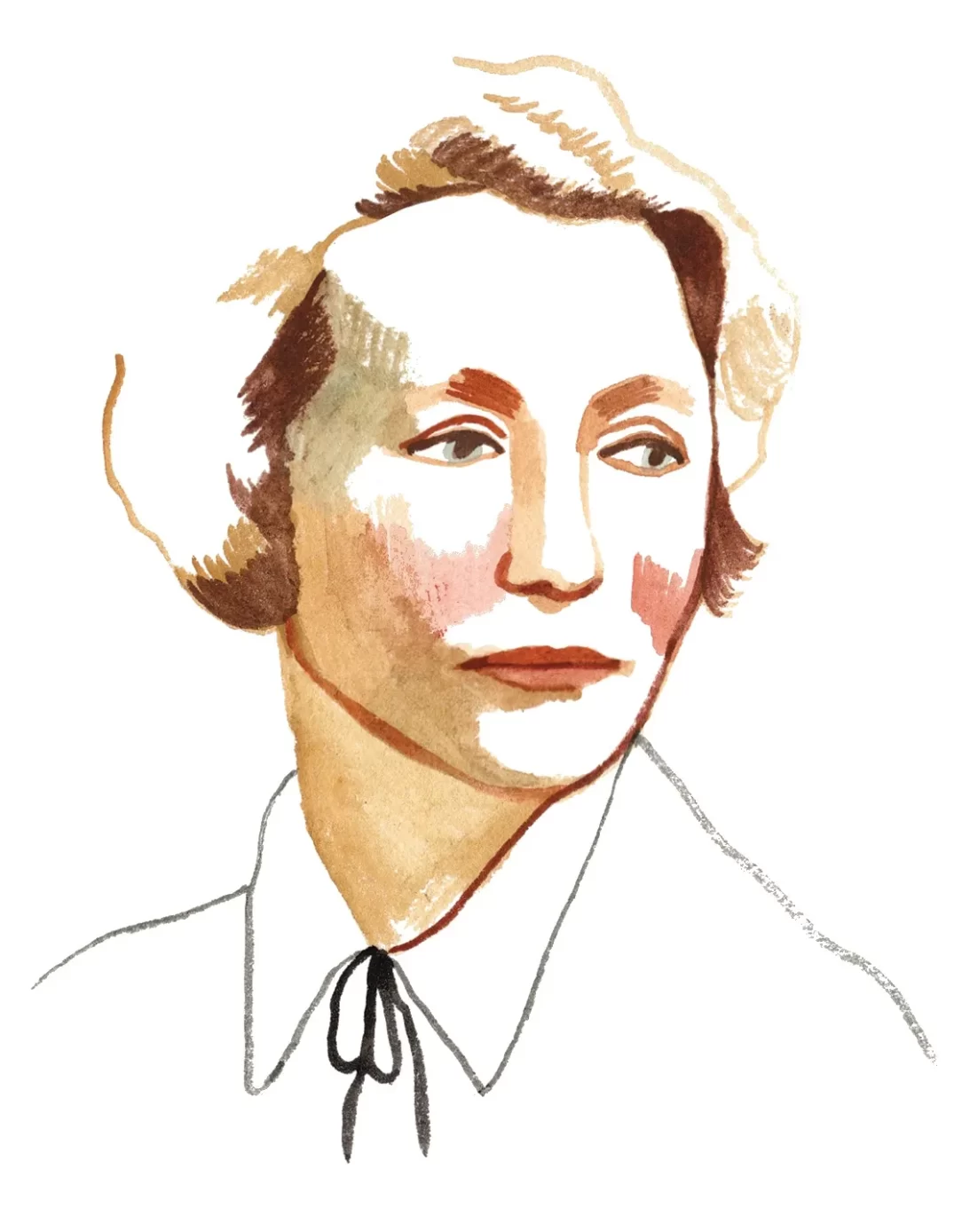Millay was born poor in Maine, and she achieved unprecedented renown as a poet. But it came with a cost.
May 9, 2022
It was at a party in Greenwich Village, in the spring of 1920, that the critic Edmund Wilson first encountered Edna St. Vincent Millay in the flesh. Wilson, a well-bred graduate of Princeton, was a fan of the twenty-eight-year-old poet’s work—he’d taken to reciting one of her sonnets in the shower—but he was, in her physical presence, overcome. Years later, Wilson described the evening: “She was one of those women whose features are not perfect and who in their moments of dimness may not seem even pretty, but who, excited by the blood or the spirit, become almost supernaturally beautiful.” He remained in love with her for years, even after she’d refused his offer of marriage. It was as if he were enchanted, caught under the “spell” that she cast on “all ages and both sexes.”

